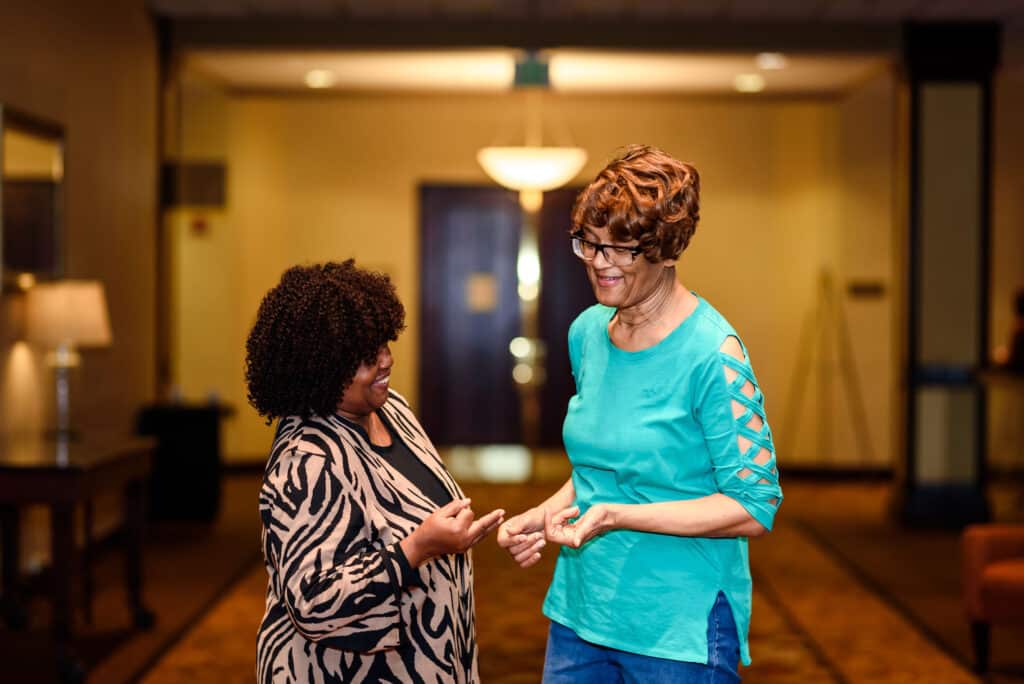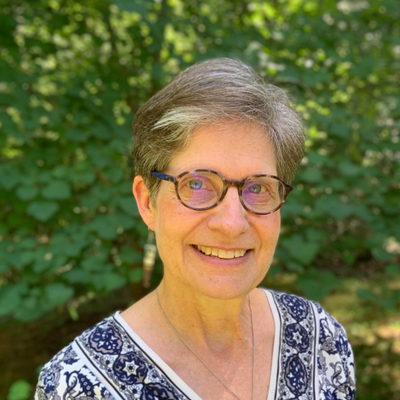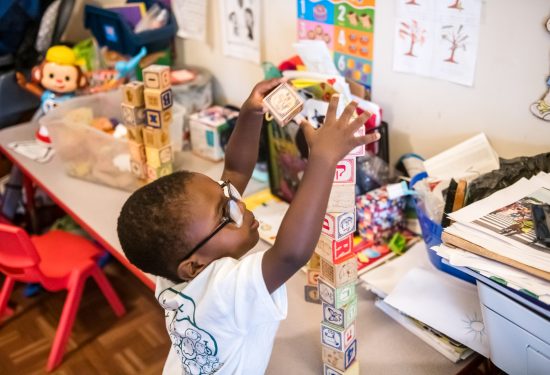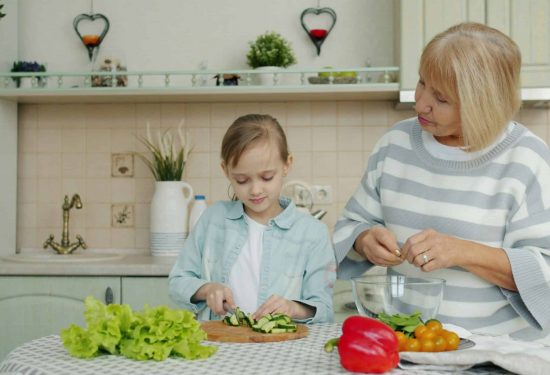Funded by a grant of more than $274,000 from the William Penn Foundation, Quality Influential Professionals (QIP), a child care network of more than 80 licensed home-based providers, is working to keep the doors open for families choosing home-based care in Philadelphia.
“The quality of early childhood educational settings can significantly impact the academic and social-emotional development of children,” says Jennifer Stavrakos, Interim Director of the Great Learning Program at the William Penn Foundation. “The experienced professionals in QIP will help home-based programs to simultaneously improve quality and address the sustainability issues that contribute to the loss of home-based childcare options in Philadelphia. This work will strengthen the ‘triple bottom line’—improving outcomes for children, options for families, and stability for program providers.”
QIP’s powerhouse president, Diane Gardner, who has operated Aunt Di’s Child Care Services for decades explains that the group uses a TRIAGE approach. “TRIAGE means Teach, Restore, Influence, Advance, Gather, and Empower,” says Gardner, who, along with Minnette Taylor and Adrienne Briggs, founded the network (under a different name) more than 20 years ago.
Although QIP members often work 12 hour days to serve Philly families, vice-president Briggs notes they still make time for the group’s monthly meetings where they can dialogue with guest experts on anything from environmentally friendly cleaning practices for child care homes to managing small business taxes. Trainings like these are a lifeline for early educators and business owners who want to keep up with best practices and excel as professionals.
“The other thing we do—on the weekends, even at night—is we coach our members. That’s the Restore part,” says Briggs. She and Gardener regularly get calls from providers who are at their wit’s end and fear they will need to close their business, stranding children and parents with no other child care options.
“Providers often feel isolated and unappreciated,” says Gardner. “Now they can call us or they can call each other, and we start with the question, How can I help? We offer information, but more importantly, we offer encouragement and validation, because this work is hard, and providers need to know that it’s okay to seek help and also that as professionals they deserve support and a circle of colleagues to hold them up.”
QIP has big plans for strengthening the network of providers in Philly. First, they are working with Home Grown to identify data-gathering strategies that will enable them to pinpoint how many home-based programs are in jeopardy of closing and what their priorities are for staying open. That data will support their efforts to more strategically break down barriers to licensure and success as a small business.They will also use the data in their work to inform legislators, stakeholders, and community leaders about the needs and contributions of home-based providers.
Right now, according to Briggs, two issues rise to the surface. “We’d like state regulators and inspectors to recognize that home-based programs are very different from centers and should be regulated differently. For example, one of our regulations is that sleeping cots or mats have to be at least 2 feet apart when children are sleeping. Many rooms in a regular home cannot accommodate five or six cots with that much room in between, so this is a real burden on providers who have to renovate their space just to meet this one regulation.”
Secondly, home-based child care certifications and inspection requirements are not designed to be accessible to providers who work long days caring for children and have little time left over for the administrative work of completing forms and rearranging their house to meet increasingly burdensome regulations that don’t impact the health and safety of children. Already, Gardner says, most providers must own their own homes and carve out a space in their home for child care that is entirely separate from their living space.
Through their work as advocates for network members and for home-based care generally, Briggs and Gardner hope to make QIP a role model for other urban child care networks. “We already know that home-based care is high quality,” says Gardner. “We were the saving grace for families during the pandemic because we stayed open. Our members have more experience and more degrees than your typical center child care worker where turnover is high, so we provide excellent and continuous care for kids. With this grant, we will be able to implement our vision to uplift more home-based providers to a level of influential quality and professionalism so that we can keep more women in the workforce and provide more continuity and stability for children and their families.”




